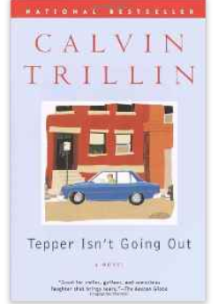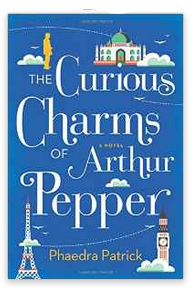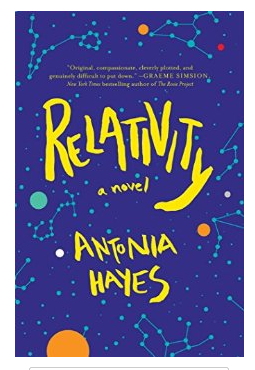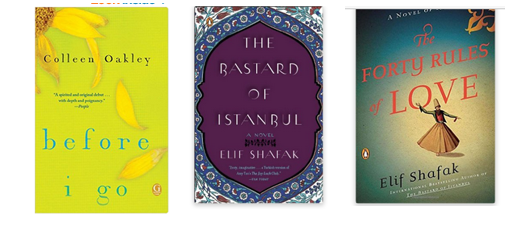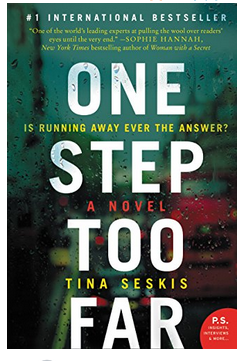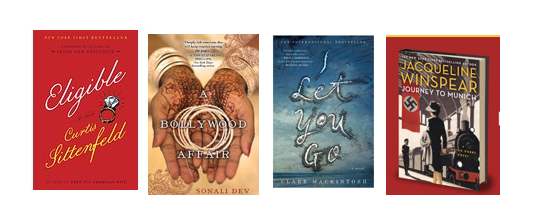The Book Whisperer’s Musings
I should start a notebook into which I record where I find the books I choose to read. Occasionally, I see a book on the new book shelf at the library or read about a new book by a favorite author. I am waiting on a long list of books I have requested from the library. Sometimes by the time the book arrives, especially if I am #136 on 6 copies when I reserve the book, I have long forgotten why I was interested in the book. Reading the description will jog my memory—sometimes!
Recent good reads have included Vinegar Girl by Anne Tyler, The Curious Charms of Arthur Pepper by Phaedra Patrick, Before I Met You by Lisa Jewell, The Opposite of Everyone by Joshlyn Jackson, Relativity by Antonia Hayes, The Architect’s Apprentice by Elif Shafak, Before I Go by Colleen Oakley, One Step Too Far by Tina Seskins, The Bastard of Istanbul by Elif Shafak, Eligible by Curtis Sittenfeld, The Third Wife by Lisa Jewell, A Bollywood Affair by Sonali Dev, The Hen Who Dreamed She Could Fly by Son-mi Hwang, Journey to Munich by Jacqueline Winspear, I Let You Go by Clare Macintosh, and The Girl Who Wrote in Silk by Kelli Estes. Some of these books have made it into my blog.
I am eclectic reader; the list reflects my varied interests and tastes. It includes thrillers, mysteries, and two modern retellings of classics: The Taming of the Shrew retold in Vinegar Girl and Pride and Prejudice retold in Eligible. A Bollywood Affair by Sonali Dev is strictly a one-off. I saw a blurb about the book on the Tulsa City-County Library site and chose to read it for fun. It is predictable and quick to read.
Today’s review is of The Letter Writer by Dan Fesperman who has written nine previous novels before writing The Letter Writer. I do not remember where I read about The Letter Writer, but I requested it from the library and it became available last week. I opened the book to find it starts in February, 1942. Woodrow Cain arrives in NYC from North Carolina, newly a detective on the NYC police force. As with so many characters, especially police detectives, Cain has his flaws and much baggage which he cannot fully leave behind in NC. I began the book hesitantly, not sure whether I wanted to finish it, but I soon saw that I needed to find out why Cain has left NC and how he will fare in NYC.
Cain immediately catches a case, a floater found in the Hudson River, the ninth of the week and one of about seven hundred a year. Cain with his Southern accent quickly becomes the butt of jokes and jibes from his fellow officers, many of the jabs pointedly meant to be hurtful and mean. Cain will have to prove himself in order to find acceptance—if he can overcome the barriers.
Danziger, a rough-looking character, asks to speak with Cain at the police station. Danziger looks like a homeless man, but he is well-educated, speaking five languages. He has information on the body from the Hudson and other information linked to additional murders. Cain and Danziger form an uneasy relationship since each man has many secrets. To avoid spoiling the plot, I will simply say read the book!
The title of the book derives from Danziger’s profession: he writes and reads letters for those who cannot read and write for themselves.
Fesperman creates a rich picture of 1940s NYC and throws in a good measure of distrust of anyone foreign or with a foreign name, especially German or Japanese. He also captures the corruption in the police department. He and Danziger face threats and death while continuing to dig for the truth.




